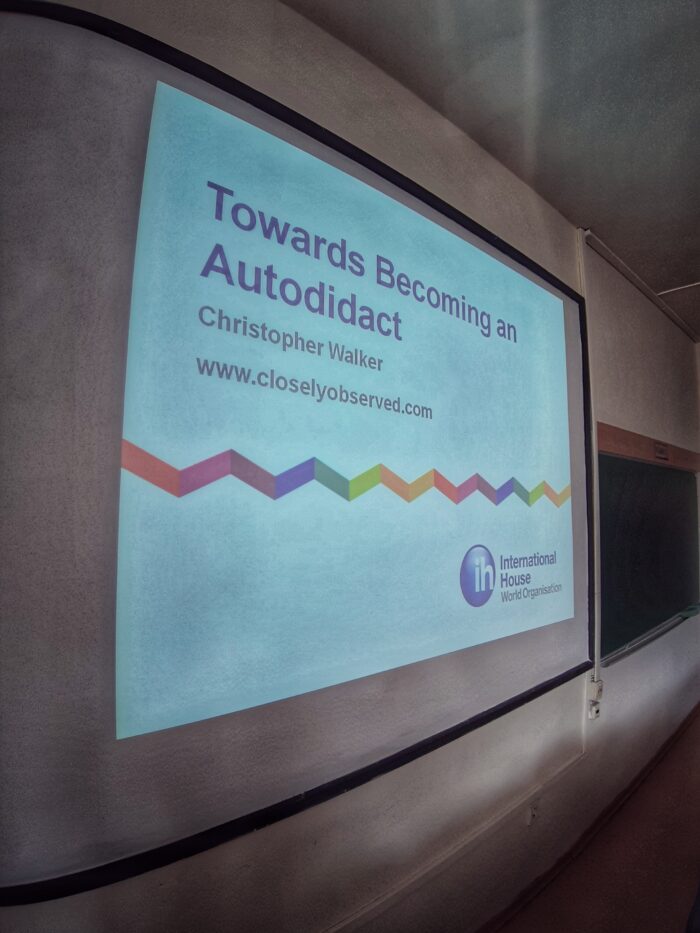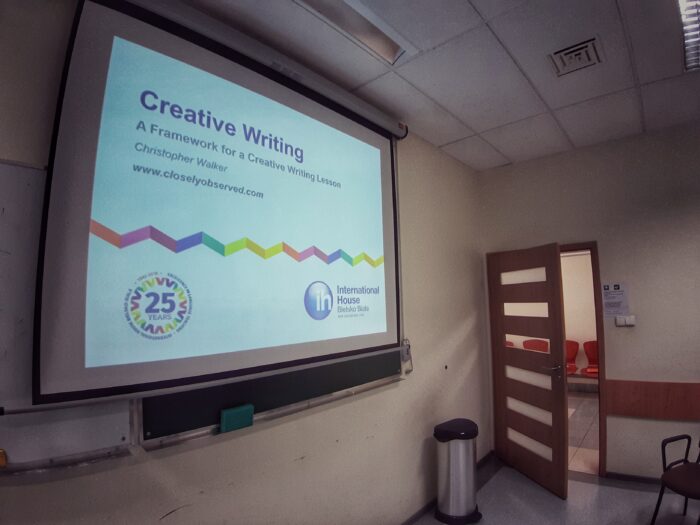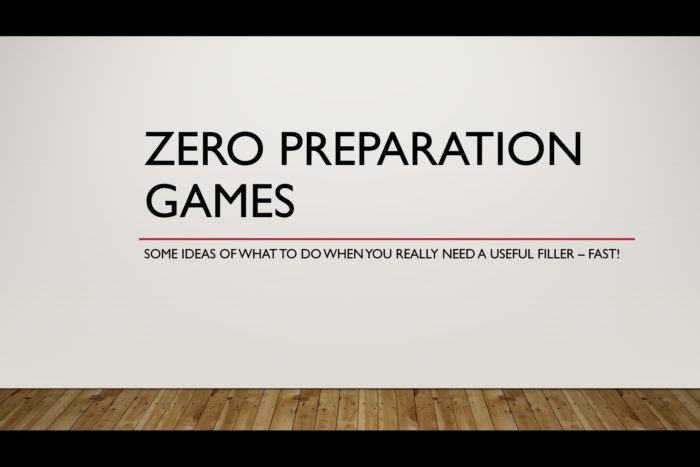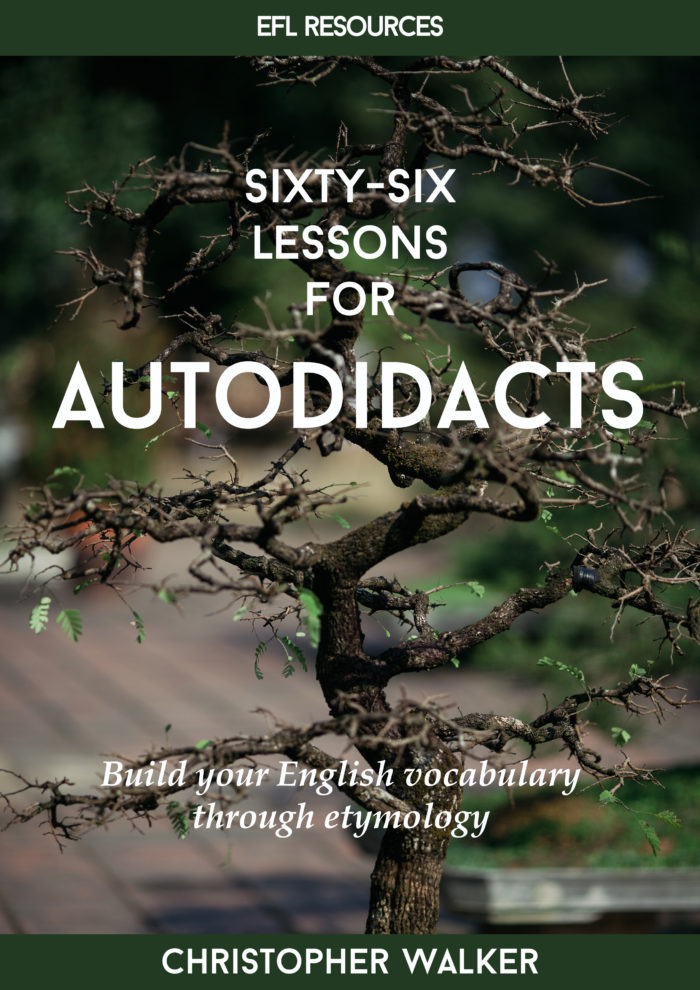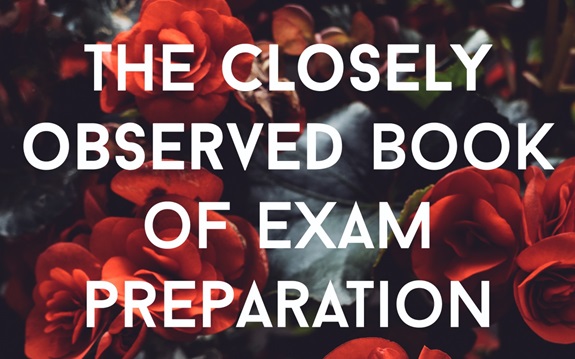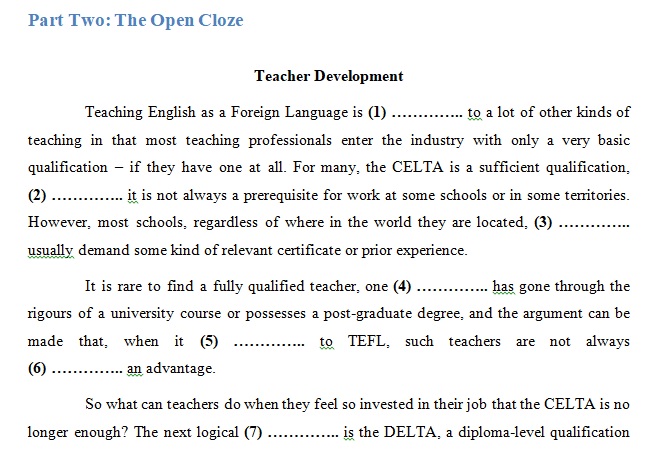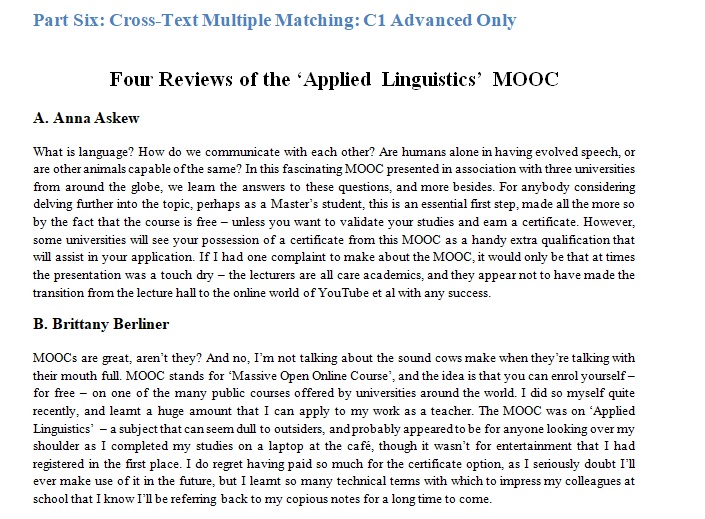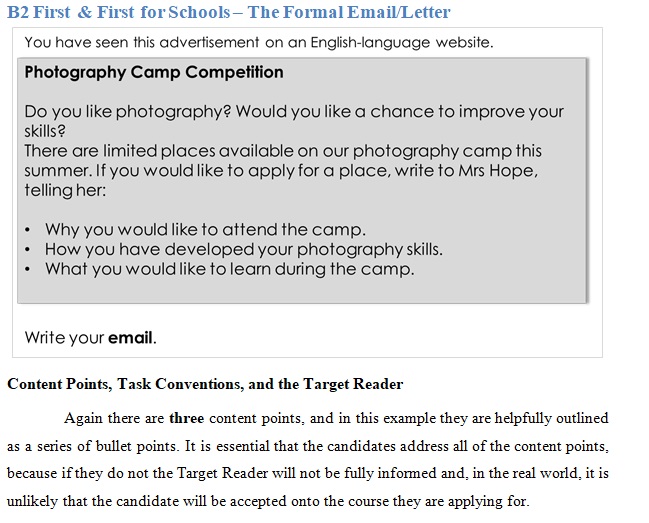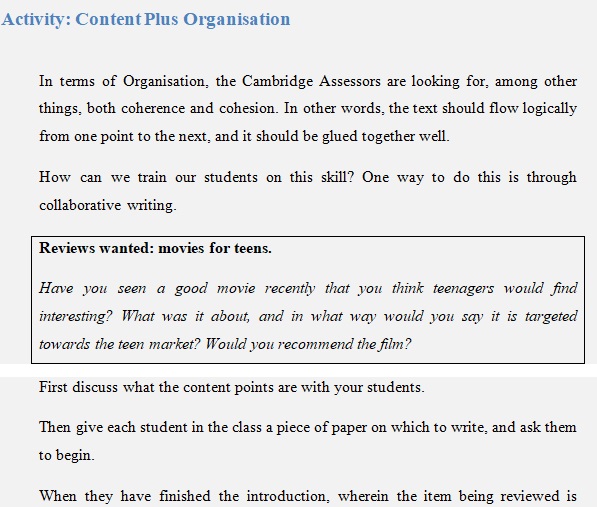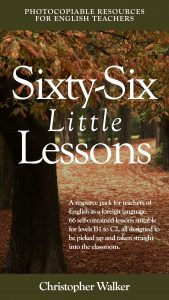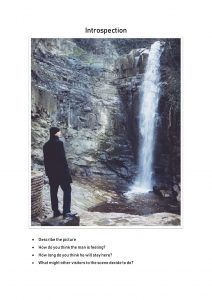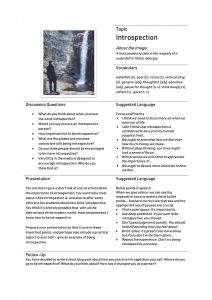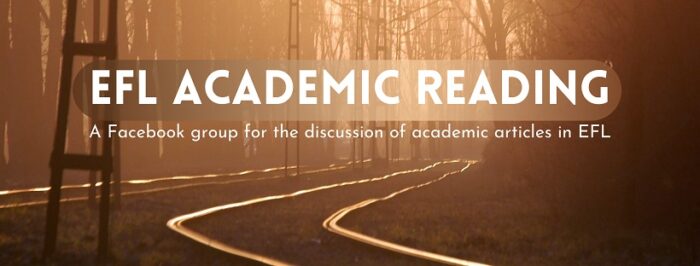
If you’re like me, you probably love reading. Over the course of my MA Applied Linguistics & TESOL, my reading habits changed, and I went from reading fiction to burying myself under a metric ton of academic articles.
I loved it. In fact, I loved it so much that now that my MA has finished, I already miss that kind of reading.
So I set up this new Facebook Group – EFL Academic Reading. The idea is simple: every couple of weeks, we find another academic article to read, and then we share our ideas about the article in the Group.
Come on and join us – it’s free, and all the articles we look at will also be freely available online. It should be a lot of fun!



